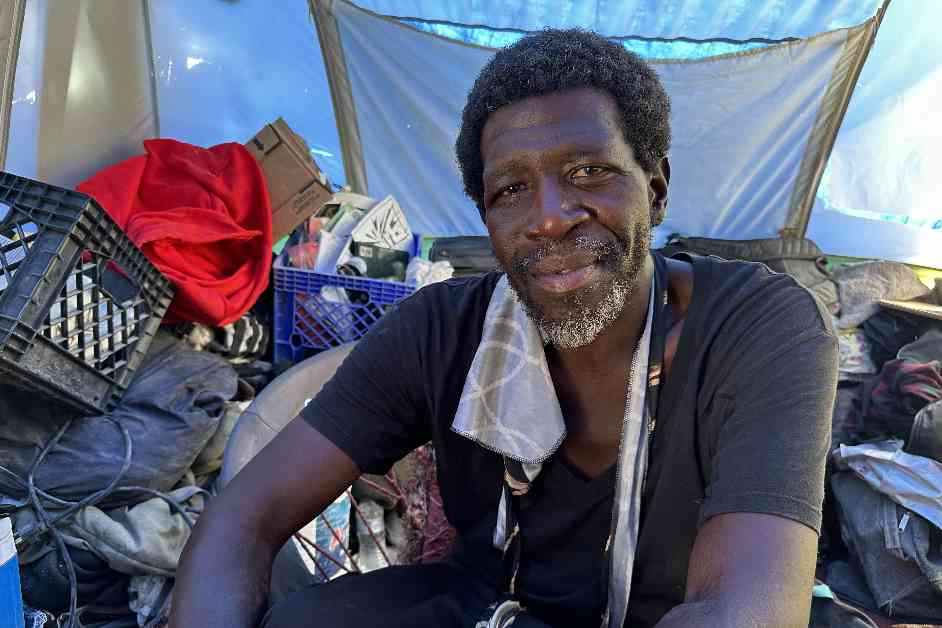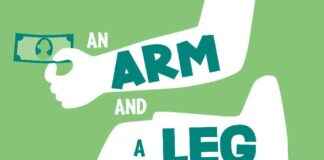Homelessness Surveys Trap Black Men: The Impact of Waiting Lists
LAS VEGAS – Maurice Clark sat in his tent along dusty railroad tracks as two homeless-outreach workers approached him with a list of personal questions. Did he use drugs? Had he been to jail? How many emergency room visits? Clark, a Black man, hesitated, knowing the police officers nearby were recording his answers. The discomfort he felt is not unique. National homelessness experts and local leaders agree that such surveys worsen racial disparities among the unhoused, especially when it comes to accessing taxpayer-subsidized housing.
Systematic Racial Disparities in Vulnerability Surveys
The vulnerability questionnaires, like the widely used VI-SPDAT, aim to assess a homeless person’s likelihood of getting sick and dying on the streets. However, these surveys have come under fire for favoring white individuals over Black people, leading to racial inequities in housing placements. Black people represent a disproportionate percentage of the homeless population compared to their overall presence in the U.S., highlighting the systemic racism embedded in the housing assessment tools.
Revamping Vulnerability Assessments for Equity
Several U.S. communities are taking steps to address these disparities by rethinking how vulnerability assessments are conducted. From incorporating artificial intelligence in Los Angeles to considering systemic issues like incarceration in Las Vegas, officials are working towards a more equitable system. By acknowledging the racism ingrained in the current approach, these communities are striving to create fairer housing allocation processes that prioritize those most in need, regardless of race.
The Human Side of Homelessness: Maurice Clark’s Story
As Clark, a 45-year-old homeless individual, navigates the complexities of the housing questionnaire, his struggles come to light. From drug use to survival tactics like engaging in sex work, his interactions with outreach workers reveal the challenges faced by many unhoused individuals. Despite his efforts to be honest, the lack of trust in the system and fear of repercussions hinder his chances of accessing stable housing. Clark’s story sheds light on the personal toll of homelessness assessments and the urgent need for a more compassionate and inclusive approach to addressing housing insecurity.
As communities grapple with the racial disparities entrenched in vulnerability surveys, the push for systemic change grows stronger. By centering equity and dismantling discriminatory practices, there is hope for a future where access to housing is based on need rather than racial bias. The journey towards a fairer, more inclusive homeless response system requires collective effort and a commitment to challenging the status quo. Through these transformative actions, the path to ending homelessness for all individuals, regardless of race, becomes clearer.

















